Many therefore of his disciples, when they had heard this, said, This is an hard saying; who can hear it? When Jesus knew in himself that his disciples murmured at it, he said unto them, Doth this offend you? What and if ye shall see the Son of man ascend up where he was before? It is the spirit that quickeneth; the flesh profiteth nothing: the words that I speak unto you, they are spirit, and they are life. But there are some of you that believe not. For Jesus knew from the beginning who they were that believed not, and who should betray him. And he said, Therefore said I unto you, that no man can come unto me, except it were given unto him of my Father. From that time many of his disciples went back, and walked no more with him. Then said Jesus unto the twelve, Will ye also go away? Then Simon Peter answered him, Lord, to whom shall we go? thou hast the words of eternal life. And we believe and are sure that thou art that Christ, the Son of the living God.» (Jn 6:60-69)
This Sunday’s Gospel brings to a close the long discourse on the Bread of Life that Jesus addressed to the crowds in Galilee, who had witnessed the miracle of the multiplication of loaves. The liturgy of the past few Sundays has allowed us to hear extensive excerpts from this discourse.
However, we notice with some astonishment that Jesus’ explanations, far from convincing his listeners, ultimately lead to the abandonment of a large number of disciples. Why did things turn out this way?
It must be acknowledged that the attitude of the Jews towards Christ’s teaching on the Bread of Life is based on a tragic misunderstanding. While Jesus speaks to his listeners about a living bread that has come down from heaven, giving life to the world for eternal life, they think only of material bread, food for the body.
When Jesus clarifies that he himself is this bread from heaven, and that whoever eats his flesh and drinks his blood will have eternal life, many reject this thought with contempt, as if it were a crude form of cannibalism. Hence their exclamation: “How can this man give us his flesh to eat? What he says is intolerable; we cannot continue listening to him.”
However, we should not think that this declared opposition rests solely on a misunderstanding.
In fact, the reason for these people’s refusal is deeper: their hearts are not open to acceptance. Why? Because they do not believe that Jesus is the Messiah, the Son of God.
To the Jews, he is merely the son of Joseph the carpenter, a man just like them. Thus, they confine themselves to the realm of what seems possible to them and logically reject the words of Jesus, which they find unreasonable.
The apostles, on the other hand, remain faithful to Jesus; not because they have understood everything, but because they believe in him and trust him:
«Lord, to whom shall we go? thou hast the words of eternal life. And we believe and are sure that thou art that Christ, the Son of the living God.» (Jn 6:68-69)
For the apostles, Jesus is the Son of God: therefore, his words are true, and what he says is possible, even if they do not understand how. Ultimately, believing is not about understanding, but about taking the risk to commit oneself to following Christ.
We must make Peter and the apostles’ attachment to the person of Christ our own. For it is he who has obtained salvation for us; it is through him that it is communicated to us:
«Whoso eateth my flesh, and drinketh my blood, hath eternal life.» (Jn 6:54)
These words of Jesus find their fulfillment in the Eucharist, and it will then become clear that one can eat his flesh and drink his blood in a way other than material.
It is the living Jesus who gives himself in the Eucharist, just as he was here on earth, as he died on the cross, and as he is forever, living in heaven and continuously giving his life to his own.
As Saint Ignatius of Antioch says (P.G. 5, 714): “The Eucharist is the flesh of Christ who suffered for our sins and whom the Father raised.”
This calls us to deepen our faith in the Eucharist, to reflect on what it truly is. If some Christians neglect the Eucharist, they are unaware of what it is in Christ’s design and what it should be for them.
In reality, the Mass is the center of Christian faith and life because it recapitulates everything we believe: the coming of God into the world, the Good News proclaimed by Christ and his apostles, the death and resurrection of Jesus offered for the life of the world, the gift of the Holy Spirit that gathers us into the Church in faith and love, the mission to our brothers and sisters to love and serve them as Jesus loves them.
Thus, the real presence of our Lord in the Eucharist summarizes the entire mystery of Christ. It is, par excellence, the mystery of faith, as the priest reminds us after the consecration.
Jos 24:1-2a, 15-17, 18b / Eph 5:21-32 / Jn 6:60-69

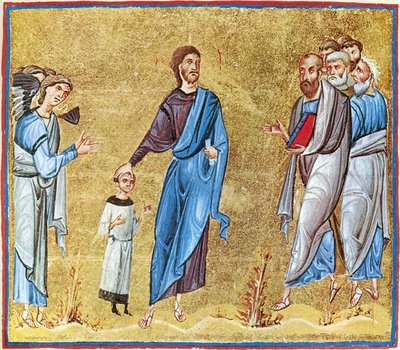

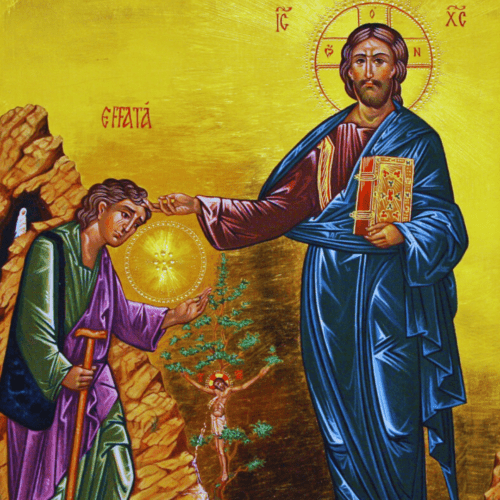
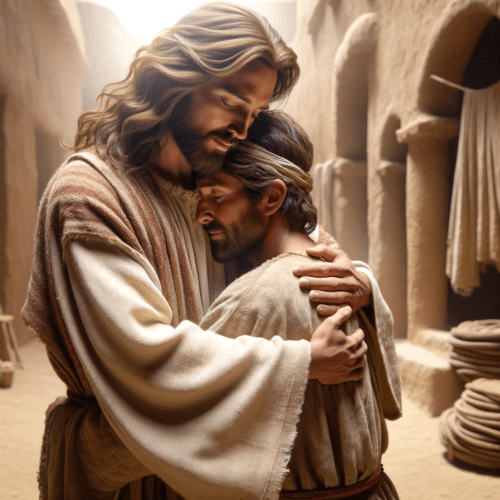
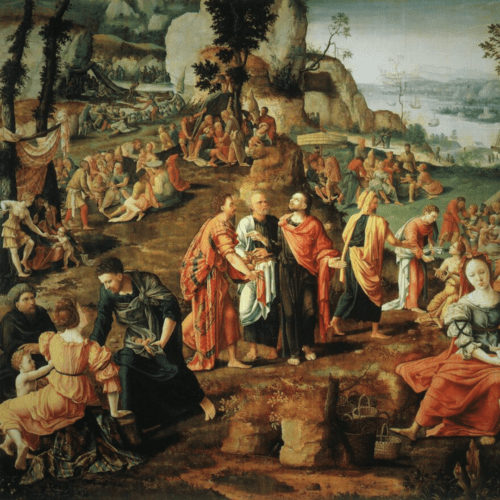
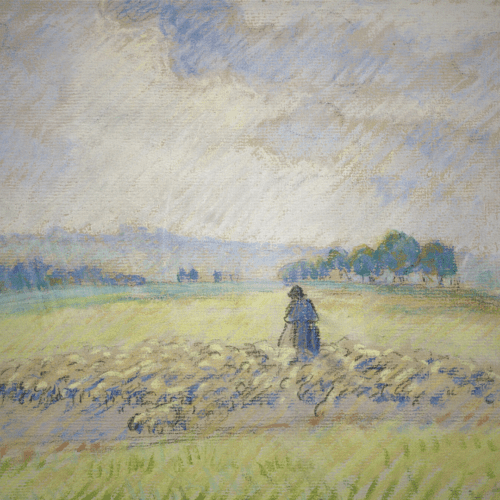
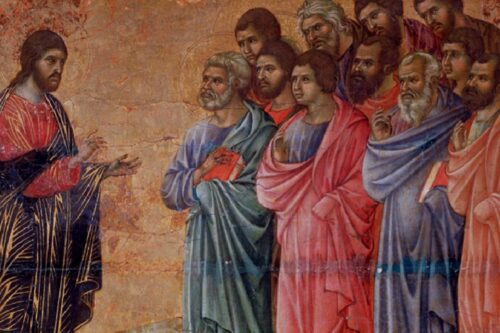

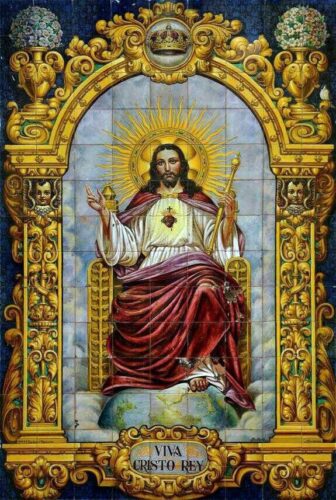

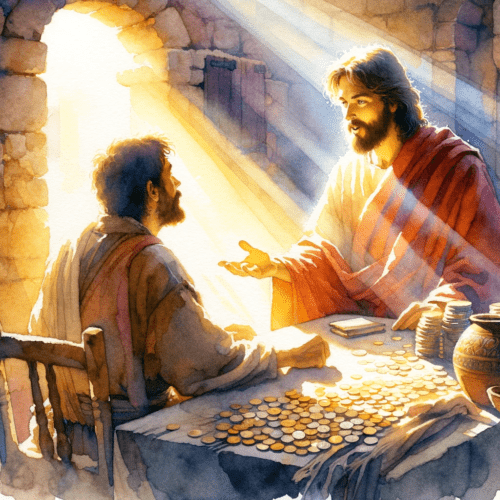
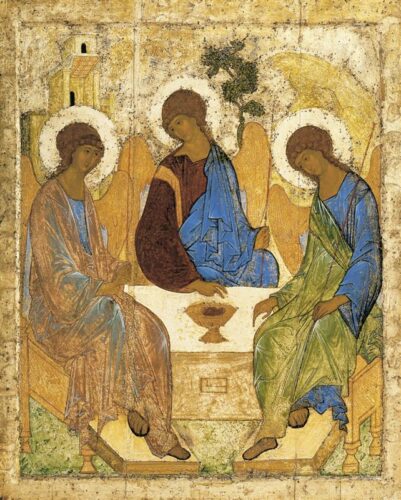
Comments are closed.